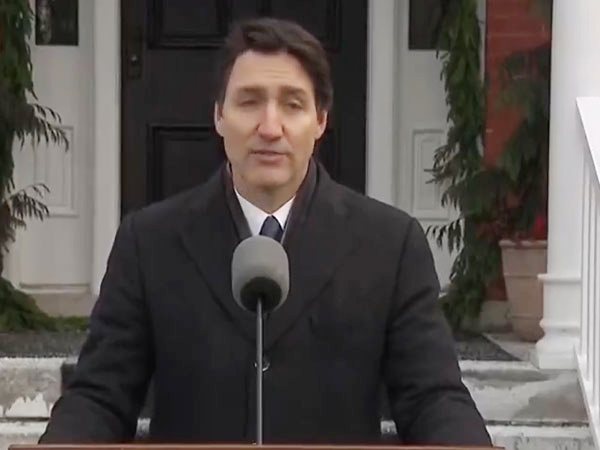Trudeau's Farewell: A Shift in Canadian Politics
Canadian Prime Minister Justin Trudeau announced his resignation after nearly a decade in power. Political leaders have responded with criticism and support. His decision comes amid poor polling numbers and imminent challenges, such as U.S. trade relations. Trudeau's exit signals potential shifts in Canadian political landscape.

In a surprising announcement, Canadian Prime Minister Justin Trudeau revealed on Monday his intention to resign from his position after nine years of leadership. The decision comes amid growing dissatisfaction within the Liberal Party and poor pre-election polling results. As Trudeau prepares to step down, Canada's political landscape is poised for significant changes.
U.S. President-elect Donald Trump reacted to the news by expressing that many Canadians view the country as an extension of the United States. He suggested that Trudeau's resignation could lead to a merger that would strengthen both nations against global threats and financial challenges. Meanwhile, opposition leaders in Canada, like Pierre Poilievre, have accused the Liberals of attempting to deceive voters by simply changing their leadership without addressing core issues.
As political figures weigh in, the call for stability and strong leadership grows louder. Ontario Premier Doug Ford and Alberta Premier Danielle Smith emphasized the need for a federal government that can negotiate with the incoming U.S. administration. Former Finance Minister Chrystia Freeland and Chamber of Commerce CEO Candace Laing acknowledged Trudeau's service and the pressing need for Canada's next leader to prioritize strengthening international trade relations, particularly with the U.S.
(With inputs from agencies.)
ALSO READ
We want to make a bright new world: US Vice President JD Vance on Donald Trump's policy approach.
US President Donald Trump calls PM Modi, condemns terror attack in Jammu and Kashmir: MEA.
Can Pierre Poilievre's Trump-Like Tactics Lead Canada's Conservatives to Power?
The Rise and Challenge of Pierre Poilievre: Canada's Trumpian Contender
President Donald Trump wants India to grow: US Vice President JD Vance in Jaipur.










